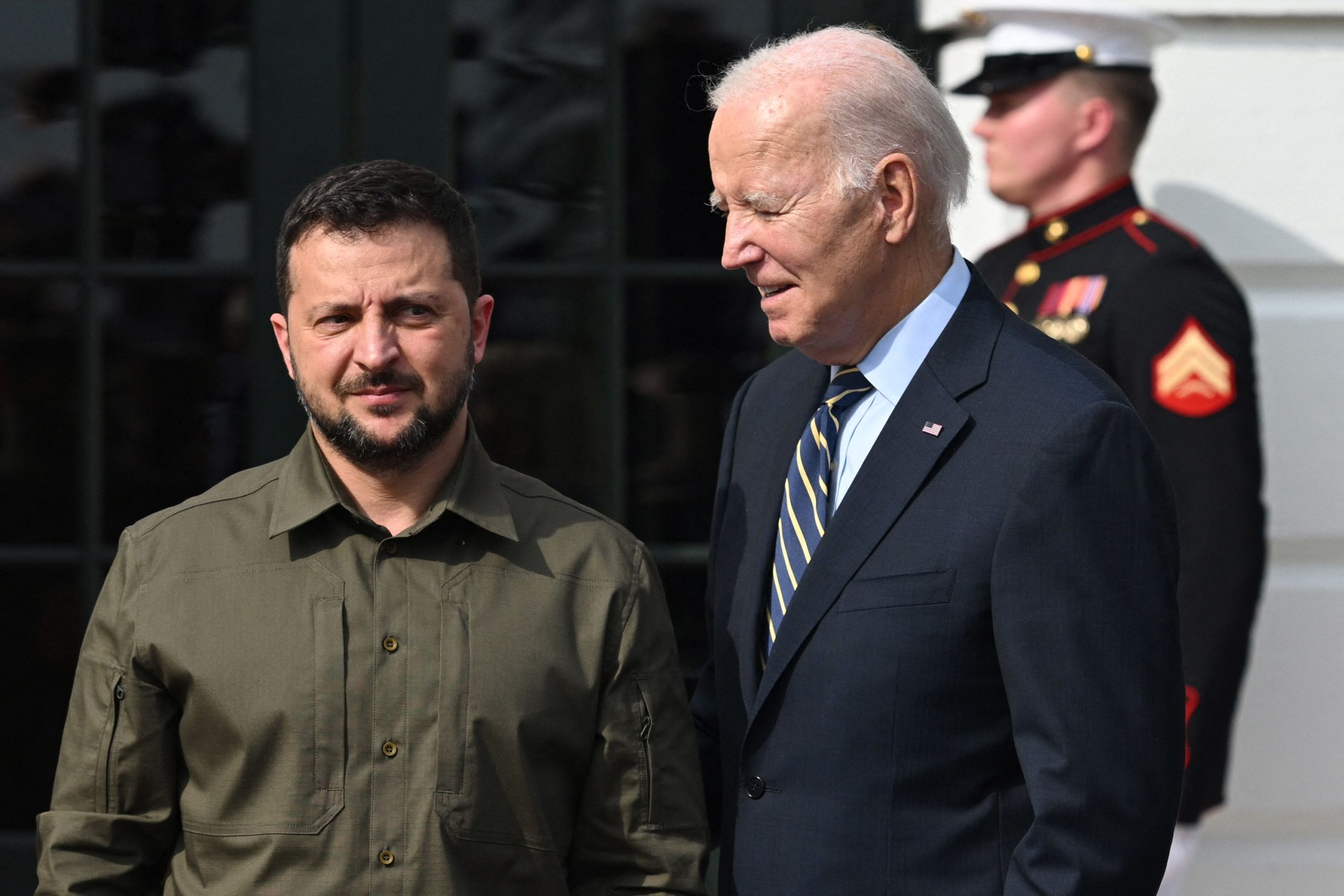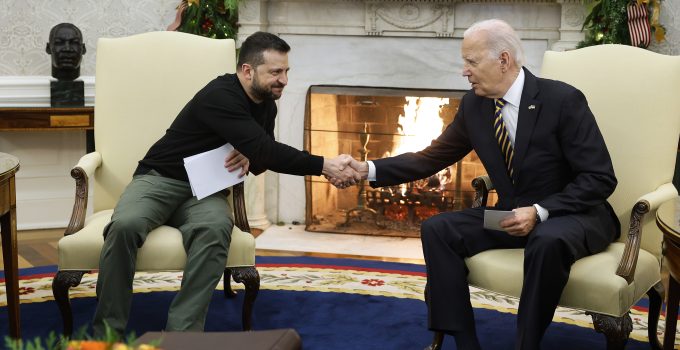US’s arms approval: The United States and Israel have maintained a strong and enduring alliance for decades. This relationship is rooted in shared values, common strategic interests, and a deep cultural connection. The United States has consistently supported Israel’s security and has been a key supplier of military aid and weapons. The recent approval of additional weapons by the US further solidifies this bond.
The US-Israel relationship is multifaceted, encompassing not only military support but also economic, political, and cultural ties. The United States has provided billions of dollars in military aid to Israel over the years, helping to build a robust defense infrastructure. This aid has played a crucial role in bolstering Israel’s ability to defend itself in a volatile region.

Overview of the Arms Approval Process
The approval of weapons for Israel involves a comprehensive process that ensures the weapons meet the necessary criteria and align with US foreign policy objectives. The decision is made by the US government in consultation with partaitogel various departments, including the Department of Defense and the State Department.
The arms approval process typically involves an assessment of Israel’s defense needs, taking into account the evolving security landscape in the Middle East. It also considers the potential impact on regional stability and the balance of power. The decision-making process includes rigorous evaluations of the weapons’ capabilities, compatibility with Israel’s existing defense systems, and the strategic value they bring.
Once the weapons are approved, the United States works closely with Israel to facilitate their delivery. This often involves coordination between the two countries’ defense agencies to ensure a seamless transfer of the weapons and any necessary training or support.
Key Weapons Approved by the US for Israel
While the specific details of the recently approved weapons remain undisclosed for security reasons, it is not uncommon for the United States to provide Israel with advanced military equipment. Over the years, Israel has received a wide range of weapons from the United States, including fighter jets, missile defense systems, armored vehicles, and precision-guided munitions.
These weapons play a crucial role in Israel’s defense strategy, enabling it to deter potential threats and respond effectively to any aggression. The United States’ commitment to ensuring Israel’s qualitative military edge in the region is a cornerstone of their alliance.
Implications for Regional Security
The approval of additional weapons for Israel has significant implications for regional security in the Middle East. As tensions continue to escalate, Israel faces a growing array of threats from various actors, including non-state actors and regional powers. The provision of advanced weapons enhances Israel’s ability to deter and defend against these threats, thereby contributing to stability in the region.
By bolstering Israel’s defense capabilities, the United States sends a clear message to potential adversaries that any aggression against Israel will be met with a strong and resolute response. This can serve as a deterrent and help prevent further escalation of conflicts.
However, the provision of additional weapons also raises concerns among some regional actors. Critics argue that it may fuel an arms race and exacerbate tensions in an already volatile region. They express concerns about the potential for these weapons to be used in offensive operations or to perpetuate existing conflicts.
Criticisms and Controversies Surrounding the Arms Approval
The approval of additional weapons for Israel has not been without controversy. Critics argue that it perpetuates a cycle of violence and undermines efforts to achieve a peaceful resolution to the Israeli-Palestinian conflict. They believe that the focus should be on diplomatic initiatives and finding a negotiated settlement rather than relying solely on military solutions.
Some also question the fairness of the United States’ support for Israel, arguing that it creates an imbalance of power in the region. They argue that the United States should adopt a more balanced approach and consider the concerns and aspirations of other countries in the region.
On the other hand, supporters of the arms approval emphasize the importance of maintaining Israel’s security and ensuring its qualitative military edge. They argue that a strong Israel is in the best interest of regional stability and the United States’ own national security.

Perspectives from Different Stakeholders
The arms approval for Israel elicits a range of perspectives from various stakeholders. In the United States, there is a strong bipartisan consensus in support of Israel’s security and the provision of military aid. Many American politicians view Israel as a vital ally in the region and believe that the United States has a moral and strategic obligation to support its defense.
Internationally, opinions vary. Some countries in the region express concerns about the potential consequences of the arms approval, while others remain silent or cautiously supportive. The Israeli government and its supporters view the decision as a reaffirmation of the strong bond between the two countries and a necessary measure to ensure Israel’s security in a volatile neighborhood.
Potential Impacts on Israel’s Military Capabilities
The approval of additional weapons for Israel is expected to have significant impacts on its military capabilities. These weapons will enhance Israel’s ability to defend itself against a wide range of threats, including missile attacks, terrorism, and asymmetrical warfare.
The advanced technology and precision-guided munitions provided by the United States will further strengthen Israel’s deterrence capabilities and enable it to respond swiftly and effectively to any aggression. The new weapons may also enhance Israel’s intelligence gathering and surveillance capabilities, improving situational awareness and enabling preemptive actions.
However, it is important to note that military capabilities alone cannot guarantee security. Israel will continue to face complex challenges, and the long-term sustainability of its security requires a comprehensive approach that includes diplomacy, regional cooperation, and efforts to address the root causes of conflicts.

Future Considerations
The approval of additional weapons for Israel by the United States underscores the enduring alliance between the two countries and their commitment to maintaining stability in the Middle East. The decision carries both strategic and symbolic significance, reinforcing Israel’s position as a key regional actor and the United States’ unwavering support for its security.
While the arms approval has drawn criticism and sparked debates, it reflects the complex dynamics and challenges in the region. Moving forward, it is crucial to consider the broader context and work towards a comprehensive and balanced approach that addresses the underlying causes of conflicts and promotes dialogue and cooperation.
As tensions persist and new challenges arise, the United States and Israel will undoubtedly continue to collaborate closely to ensure their collective security. It is essential to remain vigilant, adapt to changing circumstances, and explore diplomatic avenues to foster peace and stability in the Middle East.
If you found this article informative, we invite you to explore our piece on Epic Games, offering insights into the gaming industry’s landscape and the innovative strides made by one of its leading entities. Discover more about the convergence of technology, entertainment, and culture.




